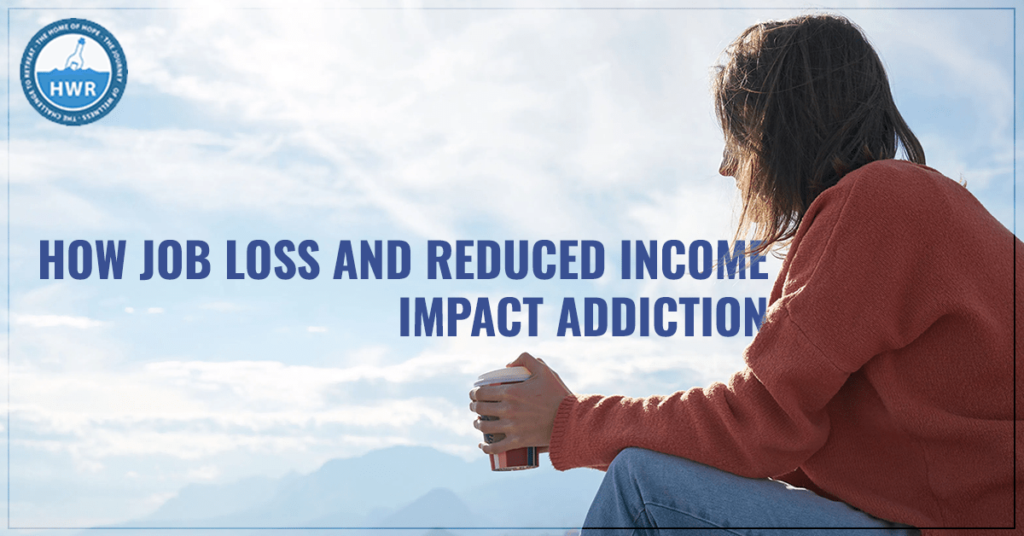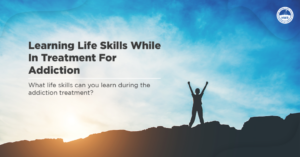Know How Job Loss and Reduced Income Impact Addiction- Have you ever wondered how losing your job or making less money could affect someone’s life? Well, it turns out that these changes can have a big impact, especially when it comes to addiction. In this article, we’ll explore the connection between job loss, reduced income, and addiction in simple language.
Life can throw unexpected challenges at us, and sometimes, we find ourselves without a job or earning less money than we used to. While these situations are tough enough on their own, they can also make it more difficult for people who are dealing with addiction. Understanding how these factors are connected can help us support those who are going through tough times and looking to overcome addiction. So, let’s dive in and learn more about this important topic.
How Does Unemployment Affect Addiction Rates?

Job Loss and reduced income impact addiction in several ways. Here, we will be discussing how job loss and addiction are interconnected.
Shame And Anxiety
These thoughts also can quickly escalate to the extent of general mental disorder (GAD) and cause depressive symptoms. many of us who feel anxious or depressed don’t skills to healthily deal with these emotions, and even those who have some coping skills are thrown off by the unprecedented circumstances surrounding the virus. This chain of events can cause self-medication with drugs or alcohol.
Instability
For those already battling addiction, this daily structure provides stability and reduces the quantity of time spent battling cravings. this will cause drug abuse when the structure of employment is removed, people suddenly have large chunks of free time and fewer consequences for using drugs or drinking.
When there’s no work to guide choices, it’s easy to form the incorrect ones. This problem also affects those who are still in the early stages of addiction, accelerating the speed at which dependence develops.
Someone who typically only uses drugs on the weekend may realize there’s now little immediate consequence to getting high to alleviate boredom within the middle of the week and increase their consumption sooner than they might when employed.
Indecision
Losing employment also means losing stability and confidence in future plans. Someone who had a robust vision of the subsequent several years of their life at some point could lose their job and be facing complete uncertainty. If you’re in recovery, this will cause you to desire to get clean and sober has been pointless, despite enjoying success before the work loss.
Read- Know How to Stop Drinking Safely
Reduced Income
Reduced income may be a guarantee with job loss, and it’s happening at an alarming rate thanks to salary cuts or reductions in scheduled hours. Initially, you’d think that having a big reduction in income would result in people curtailing their drug and alcohol use. However, the other is usually true thanks to the survival paradox that addiction creates.
Addiction works by altering the reward circuitry of the brain. Normally, the brain rewards you for activities necessary for survival, like eating, socializing, and getting quality sleep. However, drugs and alcohol produce such an enormous surge in reward neurotransmitters that survival activities subside appealing and important, while drug abuse becomes something the brain perceives as necessary.

